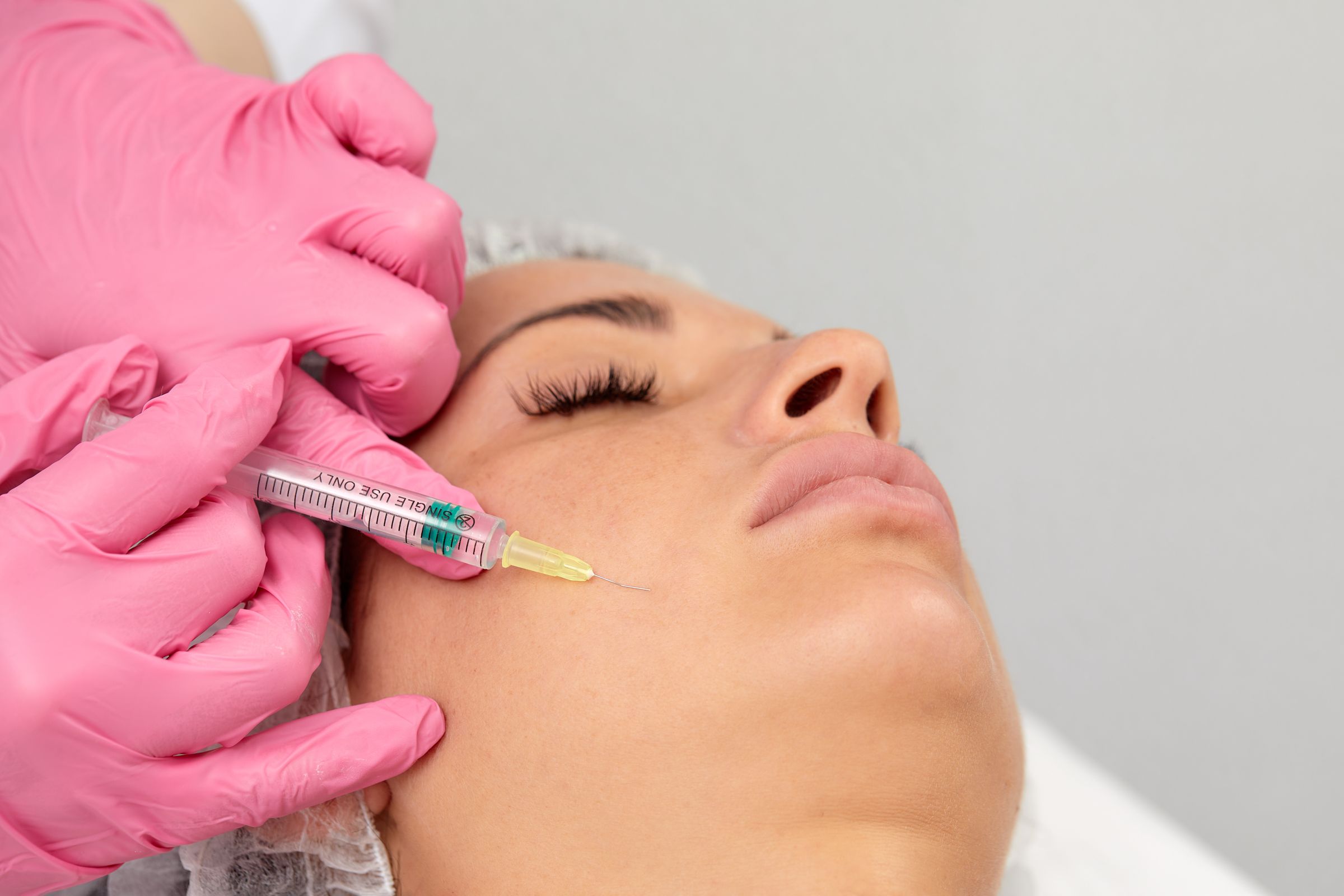Enrique Rivera
Each year, millions of individuals pursue cosmetic surgery, investing thousands of dollars in a single procedure. However, it’s important to understand that Medicare typically does not provide coverage for cosmetic surgeries. Medicare is primarily designed to support medically necessary treatments. If you’re considering a cosmetic surgery, you’ll likely need to explore alternative avenues, as Medicare is unlikely to cover these elective procedures. Be sure to consult with your healthcare provider to discuss your options and the associated costs, which can vary depending on the specific procedure and your individual circumstances.
IS COSMETIC SURGERY EVER COVERED BY MEDICARE?
In most instances, Medicare does not provide coverage for cosmetic surgery. This is primarily because cosmetic surgery is often categorized as an elective procedure or a non-life-threatening treatment that can be scheduled in advance. While cosmetic surgery can enhance one’s quality of life and have significance, it is typically viewed as an optional or non-medically necessary procedure. For those familiar with how Medicare coverage works, this distinction is a crucial factor in determining what is covered.
There are, however, specific cases in which Medicare may cover cosmetic surgery. This occurs when a doctor deems it medically necessary, and you obtain prior authorization from Medicare. If Medicare grants prior authorization, your cosmetic surgery should be covered under Medicare Part B as outpatient surgery. In this case, you would generally be responsible for meeting your Part B deductible and paying a 20 percent coinsurance.
WHAT QUALIFIES AS MEDICALLY NECESSARY?
The critical factor in determining whether a cosmetic surgery is covered by Medicare is its medical necessity. Understanding when a surgery is considered “medically necessary” is essential. Generally, a cosmetic surgery intended to enhance your self-esteem or mental health, by “fixing” a physical aspect of yourself, may not meet the criteria for medical necessity. Instead, Medicare is more likely to cover a cosmetic surgery if it is related to an injury, accident, or is aimed at improving a bodily function.
For instance, if your ability to breathe is impacted due to a deviated septum resulting from a broken nose or developmental issue, a rhinoplasty may be considered medically necessary and could be covered by Medicare. Medicare also covers breast prostheses following a mastectomy as part of breast reconstruction.
When a procedure is considered medically necessary, the healthcare provider will submit a prior authorization request for approval. Once this request is approved by Medicare, the procedure can proceed with coverage.
ARE THERE OTHER OPTIONS?
If your cosmetic surgery is not covered by Medicare, you do have some other options to explore:
1. **Private Insurance:** Generally, cosmetic surgery is not covered by health insurance unless it’s considered medically necessary. This holds true for privately-offered Medicare plans like Medicare Advantage (Part C) and Medicare Part D. However, some Medicare Advantage plans may offer additional coverage beyond what Medicare Parts A and B provide, potentially opening up more avenues for coverage of specific cosmetic surgeries. The availability of such coverage depends on the specific plan, so it’s essential to review the details of your plan or speak with your insurance provider to understand what may be covered.
2. **Payment Plans and Discounts:** Some cosmetic surgeons may offer payment plans or discounts to make these procedures more accessible. The availability of such options can vary among surgeons, so it’s advisable to consult with cosmetic surgeons in your area to explore potential cost-saving and payment alternatives.
In summary, while Medicare generally does not cover cosmetic surgery, it’s a good idea to investigate your options with private insurance plans, including Medicare Advantage, and to inquire about payment plans or discounts directly with cosmetic surgeons to determine the most suitable financial approach for your specific procedure.
Whether you’re covered by Medicare or private insurance, the chances of having your cosmetic surgery covered by your plan are rare because such surgeries are typically not considered medically necessary unless they meet specific criteria. Despite the lack of insurance coverage, cosmetic surgeries continue to be in demand, with millions performed each year. If you’re considering cosmetic surgery, it’s a good idea to consult with your physician to determine whether your case aligns with the criteria for coverage. If not, you can explore potential savings or payment options available in your local area.
Remember that everyone’s health is unique, and what’s suitable for one person may not be the best option for another. The information in these articles should not replace the guidance of a healthcare professional. If you’re contemplating significant lifestyle or dietary changes, it’s essential to consult with your primary care physician or a nutritionist, as they are best equipped to provide personalized advice based on your individual health needs.








